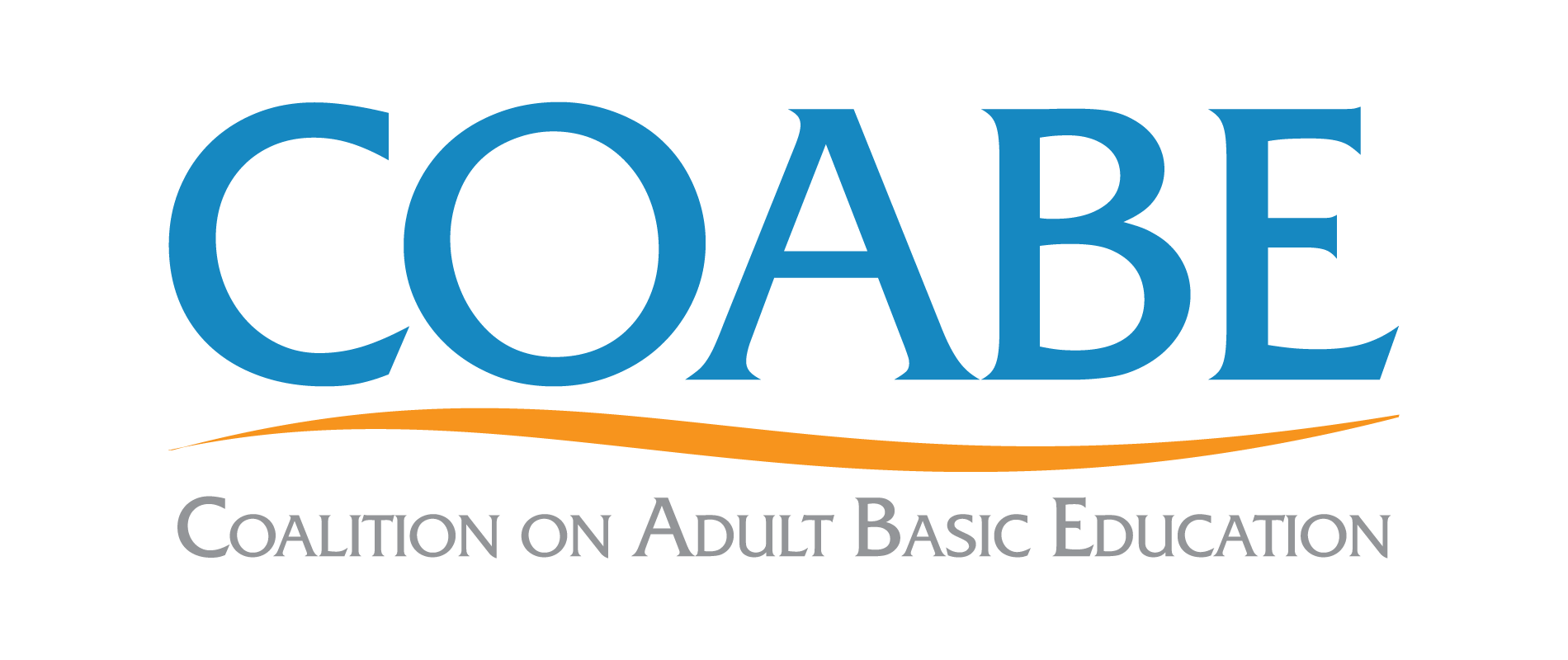What Is PIAAC?
About PIAAC
The Program for the International Assessment of Adult Competencies (PIAAC), also known as the Survey of Adult Skills, is a large-scale international household study conducted under the auspices of the Organization for Economic Cooperation and Development (OECD) that assesses the key cognitive and workplace skills that adults need to participate successfully in 21st-century society and the global economy. In the United States, PIAAC is funded and led by the National Center for Education Statistics (NCES) of the U.S. Department of Education.
The Importance of PIAAC
View the introductory video from the 2013 ETS/OECD PIAAC Research Conference, featuring interviews with Thomas Freidman, Andreas Schleicher, Irwin Kirsch, Angel Gurria, and others.
NCES Executive Summary Video
Watch the NCES Executive Summary Video, which presents selected findings from PIAAC 2012/2014 for the United States. (March 10, 2016)
PIAAC's Cognitive Assessment
PIAAC is designed to assess a broad range of abilities and competencies. Its cognitive assessment items are based on frameworks developed by internationally known experts in each subject or domain assessed in PIAAC:
Literacy
Reading (for those with low literacy skills)
Numeracy
Problem solving in technology-rich environments
All participating countries are required to administer the assessment in the literacy and numeracy domains, while the problem solving in technology-rich environments and the reading components are optional. The United States assesses participants in all four domains.
PIAAC's Background Questionnaire
One of the main components of PIAAC is its extensive background questionnaire (BQ), which collects information about a number of other skills and personal traits of the working-age population. Information from the BQ can help describe the relationship between the cognitive skills assessed in PIAAC and a number of key indicators, including demographic characteristics, educational attainment, employment status, and skills used at work and at home. Each country has the option of adding an additional 5 minutes of BQ items on a topic of its choosing. The United States added several items on health status and English language learners. In the United States, the PIAAC background questionnaire is administered either in English or Spanish.
Boost Skills for Jobs and Well-Being
The low-skilled are more likely than others to be unemployed, have bad health and earn much less, according to the first OECD Survey of Adult Skills (2012). Countries with greater inequality in skills proficiency also have higher income inequality.
PIAAC's Administration Modes
PIAAC is the first large-scale national assessment of adults administered in two modes: paper-and-pencil and computer. Participants with no familiarity with computers are routed to the paper-and-pencil assessment mode. The computer-based mode is adaptive, allowing participants to respond to items that are specifically targeted to their performance levels. The literacy and numeracy domains are offered in both the computer and paper-and-pencil modes. The reading components are offered only in the paper-and-pencil mode, and the problem solving in technology-rich environment component is administered only by computer.
For a more extensive description of the PIAAC assessment, please visit the NCES PIAAC website at: http://nces.ed.gov/surveys/piaac/
PIAAC Participating Countries
To view the participating countries for Cycle I (Rounds 1, 2, and 3) and Cycle II, please visit the NCES Participating Countries page.
For links to participating PIAAC countries' websites or reports, visit our Country Reports page or OECD's Country-Specific Material page.










